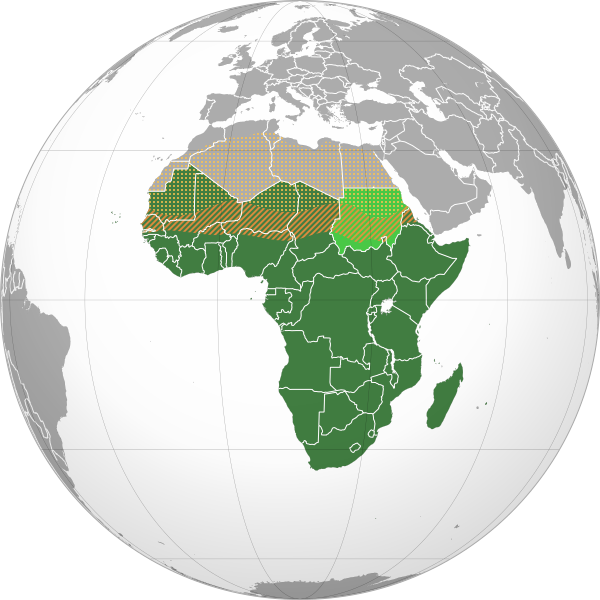Sub-Saharan Africa ‘Crippled’ by Funding Gap
The Africa Faith and Justice Network released the following statement during the Work Bank/IMF Spring Meetings.
The Africa Faith and Justice Network released the following statement during the Work Bank/IMF Spring Meetings.
The following article was published in the May-June 2023 issue of NewsNotes.
[On April 14, 2023], the International Monetary Fund (IMF) released the “Regional Economic Outlook for Sub-Saharan Africa Report: The Big Funding Squeeze” during the IMF Spring Meetings. The report follows [the] release of “The World Economic Outlook: A Rocky Recovery” that projected Sub-Saharan African growth to decelerate in 2023 to 3.6% from 3.9% in 2022 (with some countries like South Africa with a projected growth of 0.1%).
Going more in depth, the Sub-Saharan Africa report notes that “The confluence of higher global interest rates, elevated sovereign debt spreads, and exchange rate depreciations, among other factors, has created a funding squeeze for many countries in sub-Saharan Africa. This challenge comes on top of policy struggles from the ramifications of the COVID-19 pandemic and the cost-of-living crisis.”
The projected ‘funding squeeze’ will cripple some African economies that have barely started to get their footing” notes Dr. Steven Nabieu Rogers, Executive Director of the Africa Faith and Justice Network and Africa political-economy expert. “Once again, African nations have no control over these external shocks that are disproportionately impacting Africa’s vulnerable populations and those living in poverty as compared to advanced economies.”
The Sub-Saharan Africa report notes that “double-digit inflation [is] present in half of countries—eroding household purchasing power, striking at the most vulnerable, and adding to social pressures” with an estimated “132 million people […] food-insecure in 2022.”
“The continent had barely begun its recovery process from the Covid-19 Pandemic and Russia’s invasion of Ukraine has led to significant rise in food and other commodity prices – with staple food items almost equaling rent in some countries” said Dr. Rogers. “Families and individuals, who were already heavily burdened, are finding it hard to make ends meet being driven deeper into poverty.”
The report also predicts that the Sub-Saharan Africa “region’s growth potential” will be ultimately weakened as countries are “forced […] to reduce resources for critical development sectors like health, education, and infrastructure” due to the shortage of funding.
“The World does not have a ‘funding squeeze’ problem” argues Dr. Rogers. “The Biggest Funding Squeeze is the lack of political will on the part of the global powers to invest in critical projects in Africa in a meaningful way. For instance, there is an urgent need to reallocate the billions of dollars in IMF Special Drawing Rights held by developed countries to African countries (among others) to overcome debt, promote growth and alleviate the suffering of their people. In the short term, this singular action could bridge the funding gap and mitigate the negative impact of the looming economic crisis on Africa.”
…
The Africa Faith and Justice Network is a faith-based, non-partisan coalition of 28 US-based religious communities of men and women. Inspired by the Gospel and informed by Catholic Social Teaching, AFJN seeks to educate and advocate for just relations with Africa and to work in partnership with African people as they engage in the struggle for justice, peace, and the integrity of creation.
Follow the Africa Faith and Justice Network from their website: https://afjn.org.
Graphic by M.Bitton via WikiMedia CC

